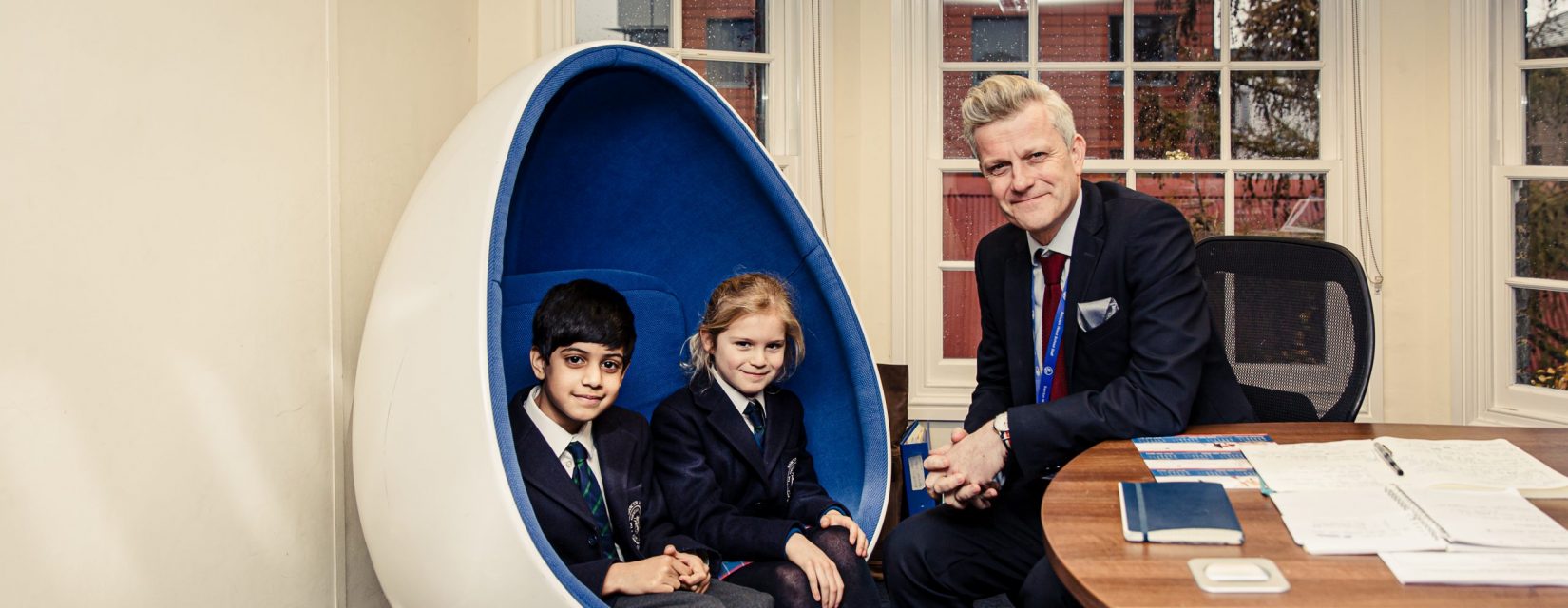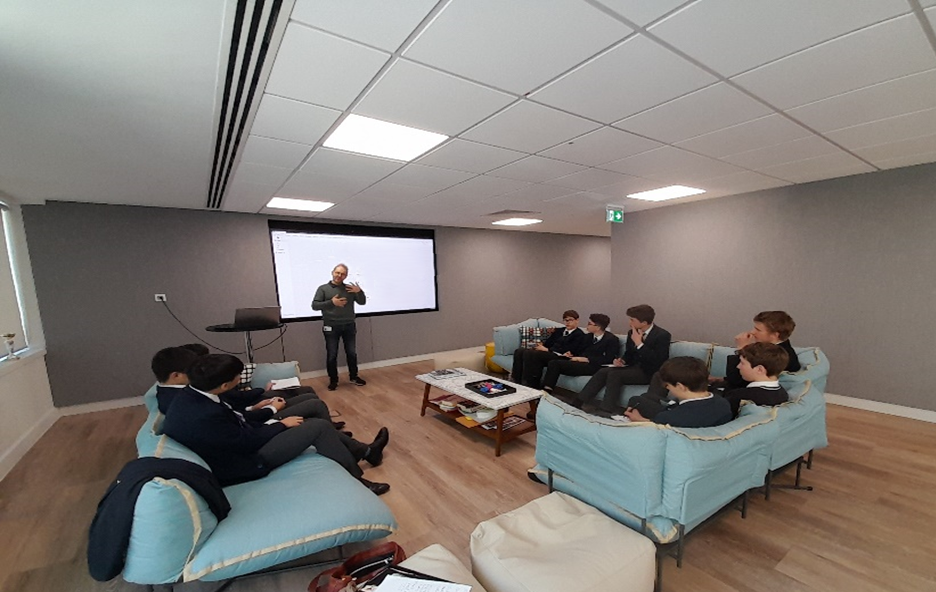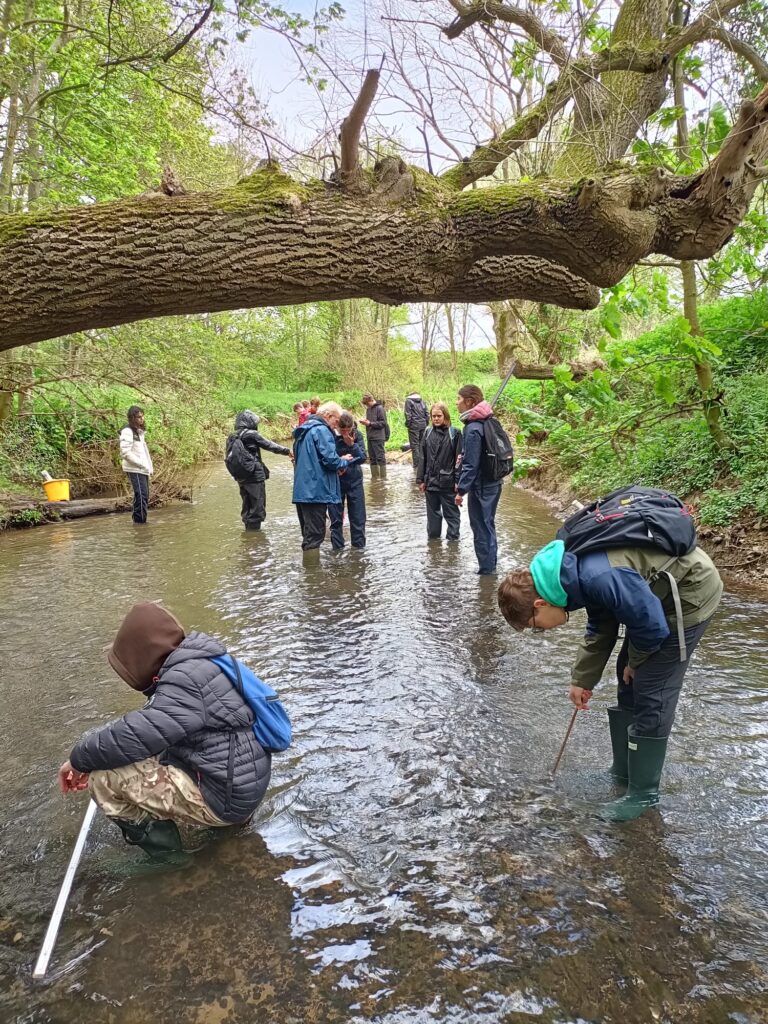This week, we have celebrated Languages Week in school. We have had themed lessons, visiting speakers in assembly, a special school lunch and a whole school interhouse languages competition. Also, the school’s Charity Committee has joined in by raising money for the Cambridge Refugees Resettlement Campaign.
It’s important that we do this as foreign language learning is currently at a low level in UK secondary schools and has dropped quite significantly in the past decade in terms of the numbers of children taking GCSE language courses. This is a concern, particularly as there is significant evidence that a second language is a hugely useful life skill. Matthew Fell, Chief UK Policy Director for business group the CBI, said: “Employer demand for French, German and Spanish skills has significantly increased over the last few years. The decline in language learning in schools must be reversed, or else the UK will be less competitive globally and young people less prepared for the modern world. As well as speaking a foreign language, increasing young people’s cultural awareness and their ability to work with people from around the world is just as important.”
I’d certainly agree with him here. In a post Brexit global marketplace, the ability of the next generation of leaders in all sectors to communicate effectively with their counterparts across the world is likely to be crucial.
Moreover, there is undeniable merit in learning languages for their own sake. As a school teaching three languages, we see daily that language learning helps to instil a range of those important ‘soft skills’ often mentioned by employers as being of equal importance with examination results and acquired knowledge. Language study can help develop students in a number of key areas: listening skills, grammatical knowledge, conversational skills, an appreciation of the subtleties of communication, and tolerance and respect for other languages and cultures.
One of the issues facing schools seems to be that there is a perception of languages as a difficult subject, with pupils believing it would be harder for them to achieve a top GCSE grade in a language than in other subjects. This is worrying, but hardly surprising when you consider that, nationwide, many pupils transfer at 11+ into their senior school with limited experience of learning languages at primary level. We are very proud that this is not the case for Sancton Wood students, where language learning is given a high priority, it’s another benefit of being an all-through school. Our pupils learn Spanish from the age of 2, French from the age of 8 and Mandarin from the age of 10. Sancton Wood pupils learn about Mandarin, French, Spanish and Roman culture, supported by Classics and Latin in the Seniors, develop relationships with French pen pals and spend time immersed in languages and culture during their Senior languages’ trips to Santander and Maison Clément.
In England, Ministers say that they are taking steps to reverse the nationwide decline in language learning. In January of this year the government announced plans to shake up languages and their uptake at GCSE. Students will study reformed language GCSEs from 2024, following government changes to make the subjects more accessible and attractive for students, and boost take up by making it clearer what they need to know.
Who knows if this will be successful at reversing a worrying trend but at least we know that our students will be ready, willing and able to take full advantage of language learning opportunities if that’s their passion, since they have been lucky enough to attend a school that recognises the importance of languages and encourages their study from an early age.
Richard
Read the previous “A word from the Principal” here







